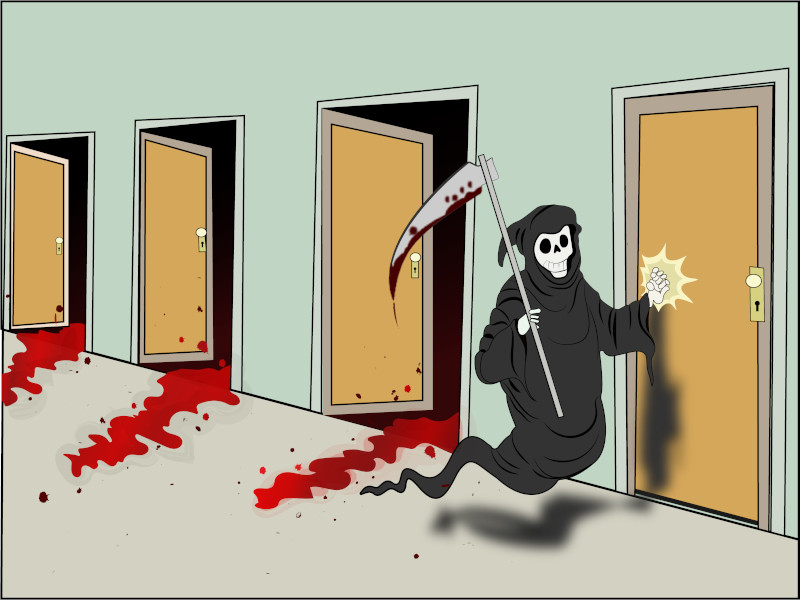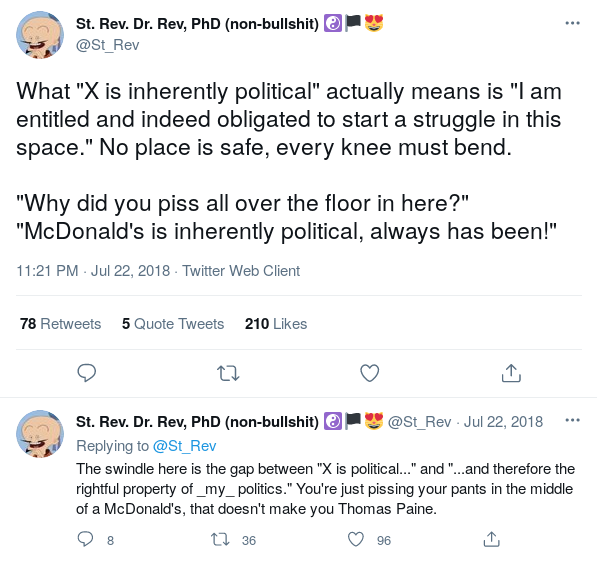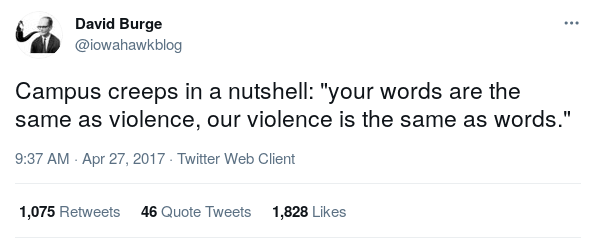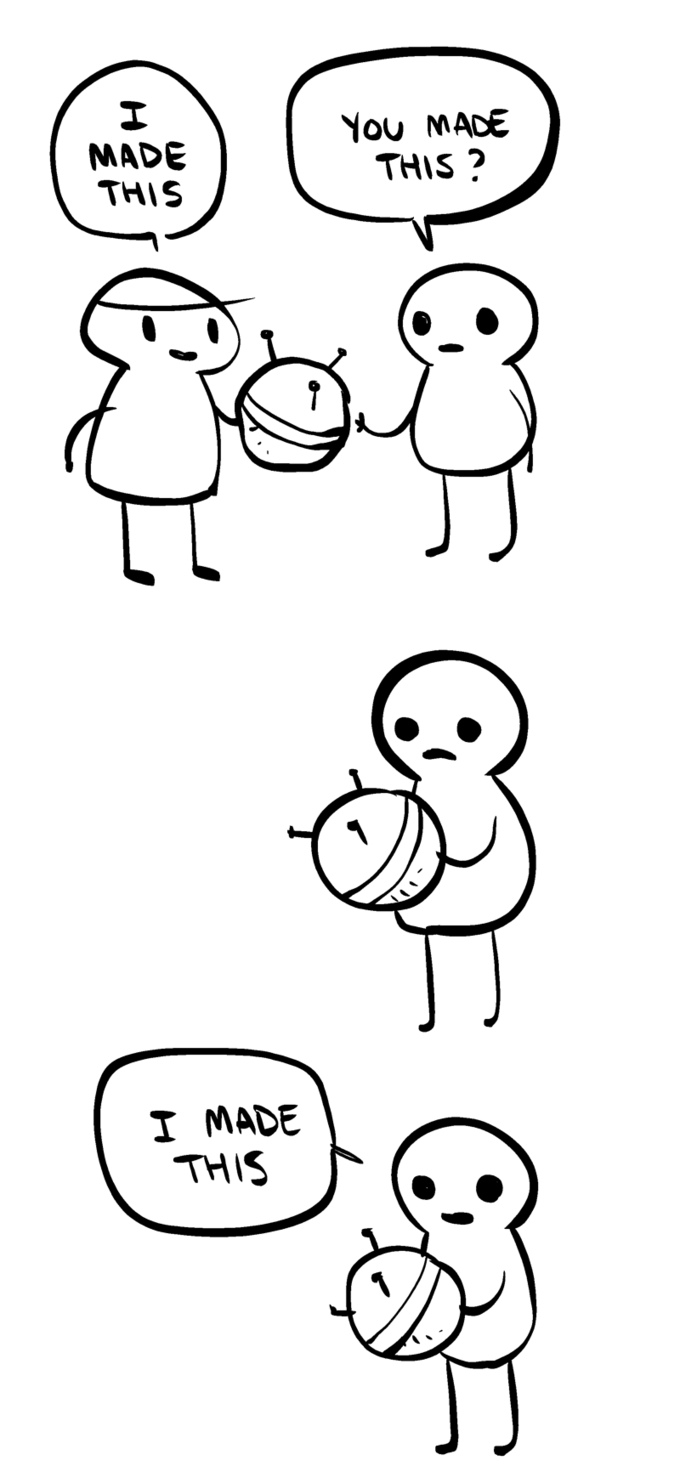Range wars of the Net
Sun 25 Apr 2021 by mskala Tags used: politics, linksThe beginning of the 2020s has seen a great acceleration in creeping attempts to co-opt the online world for the service of the USA's political tribes. The overriding principle seems to be that no space can be allowed to remain free of political charge. Neutrality is claimed to be impossible. Every community has to choose a side, any attempt to avoid taking a side is pointed at as supposedly a "dog whistle" of taking the wrong side, and which side everybody is on is more important than any other purpose the space could serve.
Ceremonious displays of each community's taking a stand are demanded, with claims that these displays are vitally important even if they have no practical consequences. Web sites undergo domain name changes; software projects introduce Codes of Conduct aimed at hypothetical problems never actually seen by the projects in question; and awards granted long ago to individuals now seen as tainted, are formally revoked.
Sitting on the fence is not allowed, and I chose for my title the metaphor of 19th Century "range wars" over fencing cattle pasture both to express the idea that formerly open spaces are being claimed for new purposes, excluding their earlier functions, and to highlight the US-centric slant of the entire trend. Here are some resources worth looking at on the subject. Most of them predate the 2020s; today's trends were known and predicted earlier.
Writings
When Nerds Collide; 2014, Meredith L. Patterson. "My intersectionality will have weirdoes or it will be bullshit." Good summary of why techie spaces are inclined to reject external attempts to take over, why "inclusiveness" is a suspect rationale for letting anyone take over, and what's lost when purported inclusiveness becomes exclusive in nature.
Geeks, MOPs, and sociopaths in subculture evolution; David Chapman (undated because he updates it occasionally). Describes the arc of subcultures being taken over by outsiders, rendered outsider-friendly, and finally dying. This is part of Chapman's larger theory that the time for subcultures in general has passed; but the article in isolation has often been cited as a starting point for others to write more specifically about present-day range wars instead of longer-scale cultural history. I recommend reading it as needed background for other articles below.
Social Gentrification; 2016, Simon Penner. The exclusion of gamers, in particular, from ther own communities under the guise of purported inclusiveness - and the resulting destruction of those communities.
Mastodon WTF timeline; 2017. One of my own pieces, describing the range wars (some of which are still ongoing today, as of 2021) in the distributed social network that is sometimes called the "Fediverse," when the Mastodon software package attracted a lot of new attention and new users.
On the construction of beacons; 2017, Benjamin Ross Hoffman. The "anglerfish" article. Some added ideas on the subculture evolution Chapman described - including the sociopaths' point of view, and what communities might do to protect themselves.
When they bring in the idols; 2019. This is one of my own pieces, discussing present-day range wars in the context of pagan religious practice.
Tweets
Sometimes an important point can be briefly stated. Posted as screenshots, links to the originals, because Twitter is an untrustworthy archive for anything important.
Comics
I'm posting most of these as local images, to guard against loss of the originals elsewhere on the Net; click on the images for links to the original sources where available, or more information about them.
Akimbo Comics: Eat Shit And Die #233; 2014, B. Patrick. The "stories for the depths" comic. Too long to post locally here, and I won't give away the ending, but it's pretty important. Kerchnk.
Comments are disabled on this posting to avoid having the bibliography itself used as a place to take a side. Please write your comments in your own spaces, with a link to this page.





